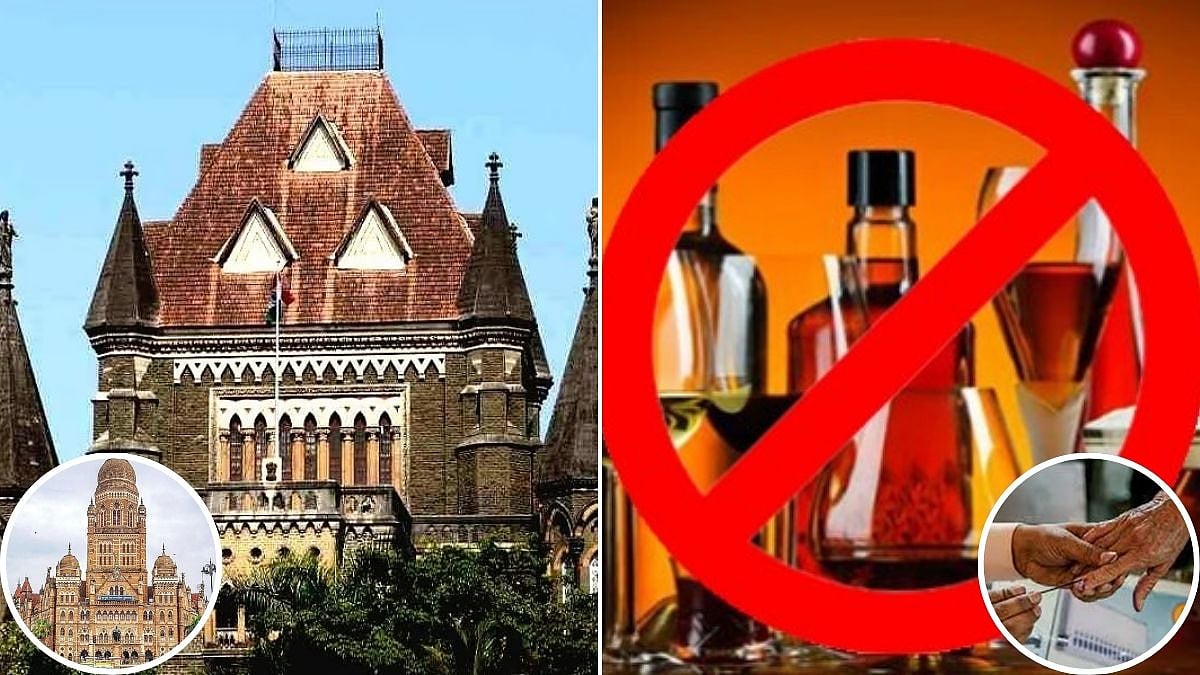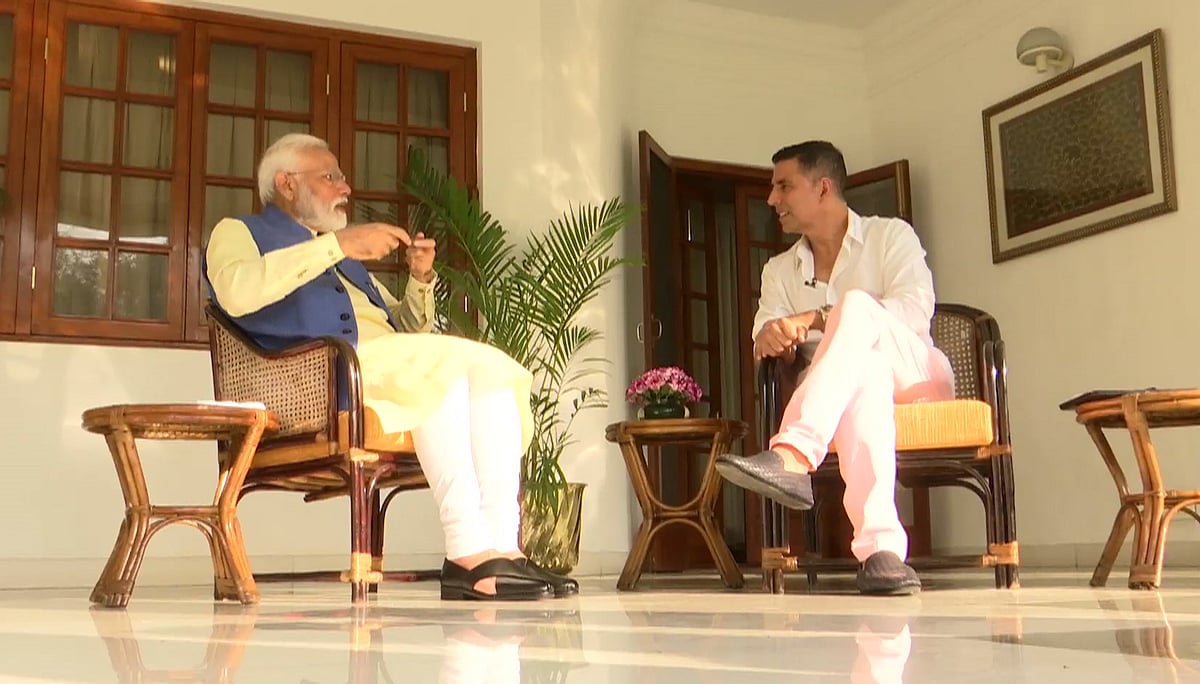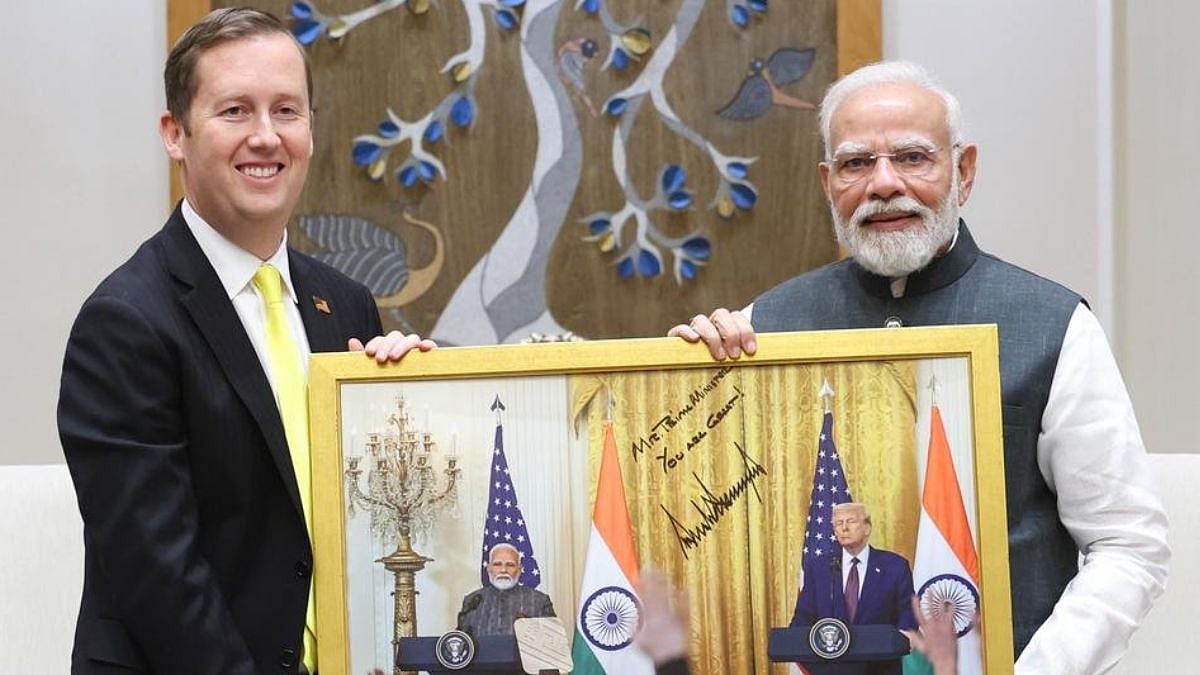Almost a decade ago, a TV advertisement on the theme of Atithi Devo Bhava became popular. It showed a young man (played by Aamir Khan) rebuking an ill-mannered auto driver for harassing two foreign women tourists who are visiting India. In this ad, he exhorts the man to treat foreign tourists with respect as we believe in the culture of Atithi Devo Bhava. I wish people realised its real meaning and importance and acted accordingly. But it seems it has been reduced to a mere rhetorical slogan. The recent gangrape of a 30-year-old Brazilian biker tourist in Dumka, Jharkhand, while camping with her Spanish partner has driven home the pervasive danger faced by women in our country. This incident underscores the alarming reality that not even foreign women are exempt from such physical violence, let alone Indian women.
Perhaps these foreign tourists were not even remotely aware that camping for the night in a secluded spot could spell danger and even pose a threat to their lives. But all the seven men who assaulted the Brazilian woman did not even pause to think about the immense emotional and psychological harm they were doing to her. The police may even arrest all the remaining offenders and put them behind bars. But will it truly alter the prevailing attitudes of Indian men towards women? Is there any guarantee that in future foreign tourists would be safe in our country? Understandably, incidents like these can instill apprehension among women tourists, potentially affecting their willingness to travel through these areas. Consider the harrowing experience endured by the Brazilian woman tourist on that fateful night. What began as a thrilling adventure, biking across the diverse landscapes of our country, was abruptly disrupted by the egregious and heinous actions of seven depraved individuals. The excitement of exploration was shattered by the brutality inflicted upon her, leaving scars that may never fully heal. While amendments to criminal law in 2013 following the Nirbhaya gangrape incident instilled hope for positive change, the harsh reality remains unchanged: women, regardless of nationality, continue to be targets for predators and morally compromised individuals in our country. The fleeting optimism sparked by legislative reforms perhaps amounted to wishful thinking, as the pervasive issue of women’s safety persists unabated.
In Indian society, patriarchy remains deeply entrenched, despite advancements women have made in various spheres of life. Despite these advancements, there persists a common perception that a woman’s life is incomplete without man and marriage. There persists a belief that a household must include a male member, typically in the role of a husband or son. This expectation stems from traditional gender norms and roles, which dictate that male presence is essential for various reasons, such as providing protection and financial support. The belief also reflects deeply ingrained gender expectations that influence family dynamics and societal attitudes.
Today, many working women prioritise their careers over marriage and assert their independence. Despite this shift, they often face pressure to conform to traditional gender roles, such as being asked about marriage plans. Moreover, even among the educated, there persists a belief that a family is incomplete without a son. This notion is particularly prevalent in rural areas, where women may still pray for the birth of a son. These contradictions raise questions about the extent of societal change regarding gender roles and expectations. The sense of entitlement that boys often develop in their upbringing can lead to detrimental attitudes in adulthood. This entitlement may foster a belief that they are the best thing to have happened to their families, reinforcing a lack of empathy and compassion for others. The recent case of rapists in Jharkhand exemplifies this troubling trend. While these men may be uneducated and uncouth, their actions reveal a disturbing disregard for the well-being of their victim. It’s possible that they viewed raping a woman as a means of asserting their supposed manhood and machismo.
A few years ago, while going to a friend’s house, the driver of the cab casually asked me how many kids I had. I told him that I have one child, a daughter. My reply drew gasps of surprise and disbelief from him. He found it difficult to believe and then went on talk about his own family which comprised two sons and a daughter. In our locality there is a family of three sisters (all employed) who lost their father to Covid three years ago. Even as they and their mother have come to terms with the magnitude of the tragedy and decided to move on, there is no dearth of people in our neighbourhood who bemoan the absence of a male member in their family. Hovering neighbours can still be seen meeting them with sympathetic murmurs. Indeed, certain things won’t change in our society.
The writer is a Delhi-based journalist









